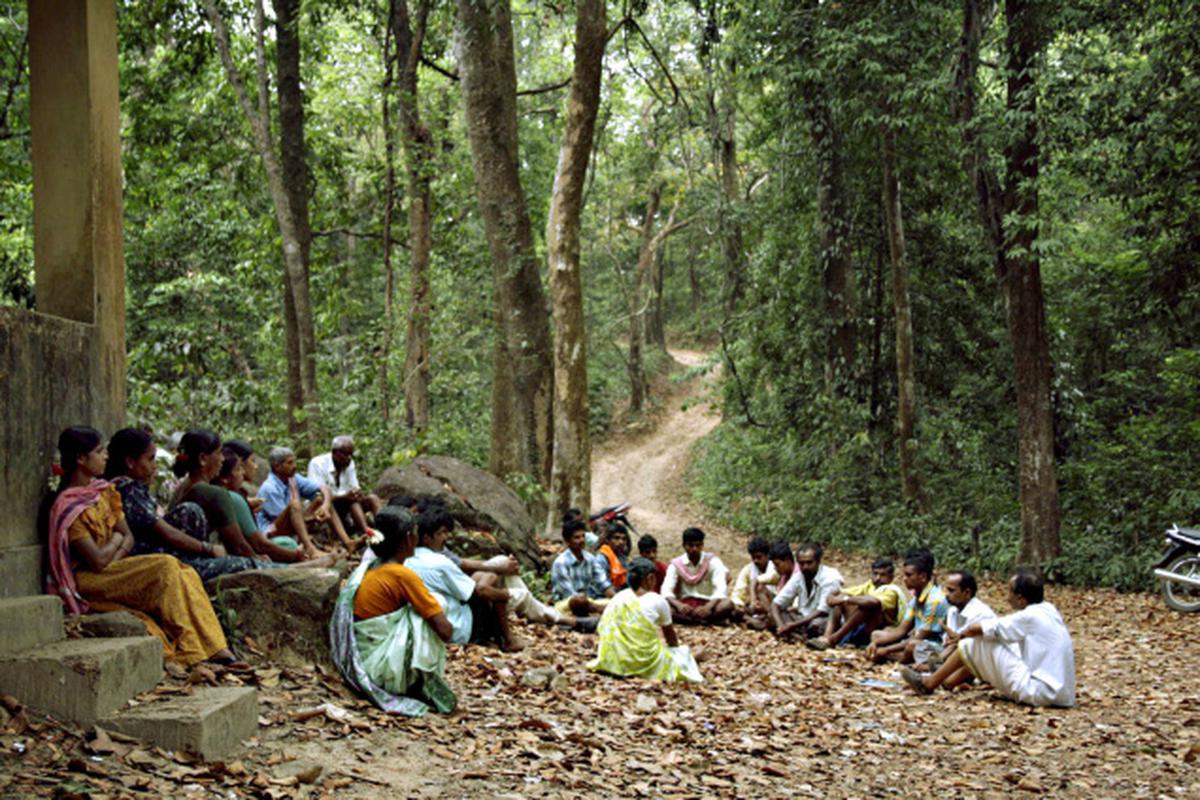In a landmark ruling by the Supreme Court of India it has been observed by the Bench that the right of forest inhabitants to have their claims against eviction heard by a Forest Officer is not restricted solely to recognised forest communities. The court’s verdict expanded the scope of those who can avail this right, ensuring that all citizens who are claiming possession of forest land can seek a fair hearing and have their claims heard before by a competent authority.
The bench comprising of Justices Krishna Murari and Ahsanuddin Amanullah observed that the right to be heard should be granted to all individuals asserting their legitimate claims to forest land.
The court observed that the authority responsible for hearing these claims, which is the forest officials, has the jurisdiction to determine the merit of the claim of possession during the hearing process and it is not the identity or social category of the appellant that determines their access to forest land.
The judgement is from a case where the land in question was already in the possession of the certain citizens and thus was declared a reserved forest. However, the Forest Settlement Officer, after considering the claims of the appellants, affirmed their rightful claim over the land. Furthermore, the Forest Department challenged this decision, resulting in the Allahabad High Court ordering the eviction of the appellants.
The main issue before the Supreme Court was whether the relief granted in the earlier judgement of Banwasi Seva Ashram vs. State Of Uttar Pradesh which protected Adivasi communities from eviction based on Forest Rights Act 2006, was exclusively applicable to Scheduled Castes, Scheduled Tribes, or other backward communities.
The court recognised that forest communities encompass not only Adivasi and other backward communities but also various other groups residing in the forests. It acknowledged that certain groups may not receive institutional recognition as forest dwelling communities due to various socio-political and economic reasons. Additionally, the court acknowledged the existence of ancestral forest dwellers who, due to a lack of documentation, may struggle to prove their status and therefore not have the requisite documents. Thus, by adopting a broader interpretation of forest communities, the court sought to protect the interests of multiple communities that may face harm if the Banwasi judgement were narrowly applied. Consequently, the Supreme Court set aside the High Court’s order and restored the decision passed by the Forest Settlement Officer and ordered the upholding of the rightful claims of the appellants.
The entire judgement may be read here:
Related:
Forest Conservation Bill 2023: too many exemptions, discretion to Centre
Forest (Conservation) Amendment Bill: North-east to bear the brunt
TN: 158 people in two villages get title deeds under the Forest Rights Act, 2006
UP Forest Dept. had no authority to intrude over ‘revenue land’: CJP-AIUFWP to NHR
